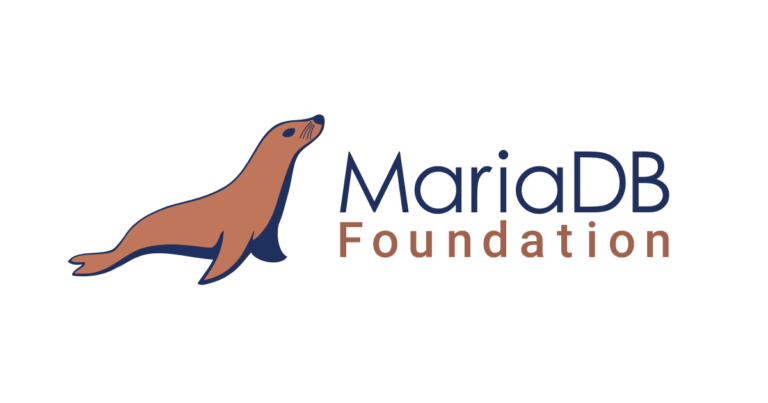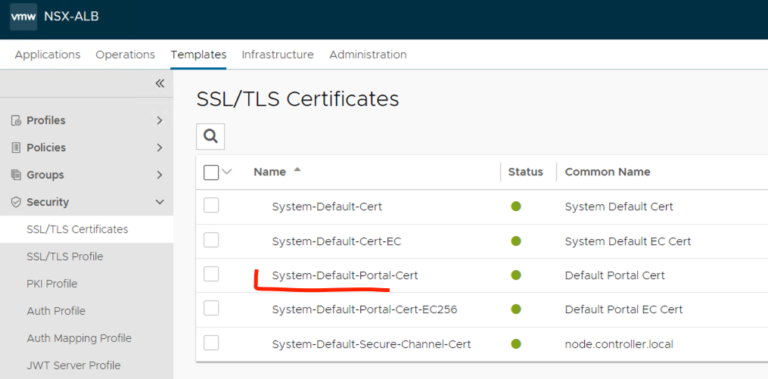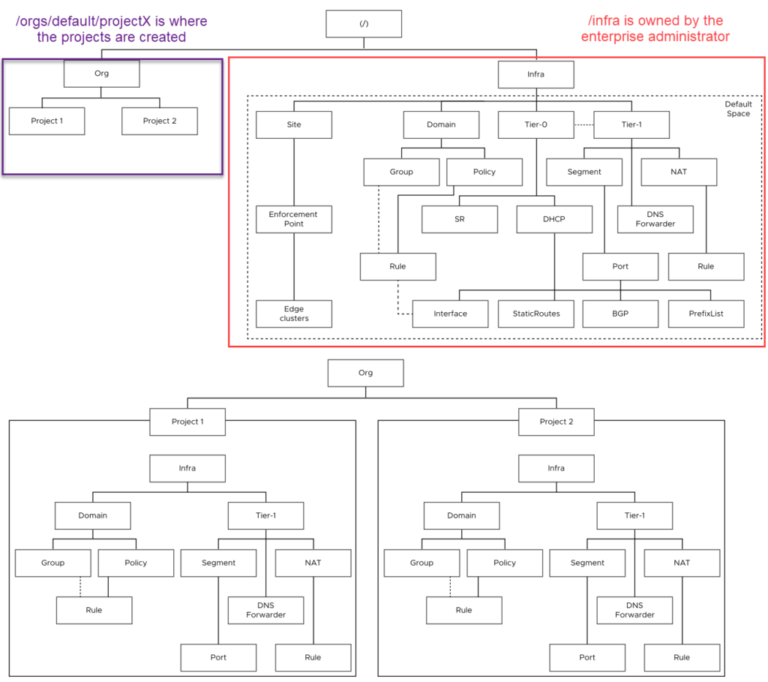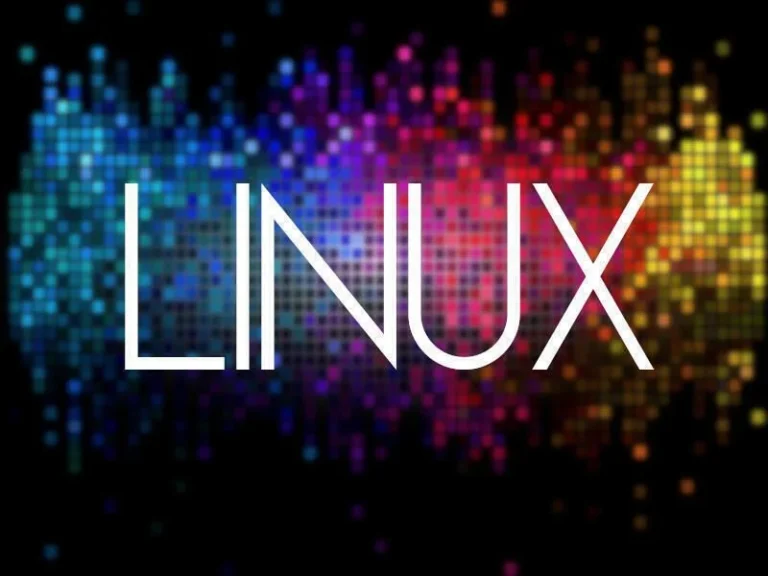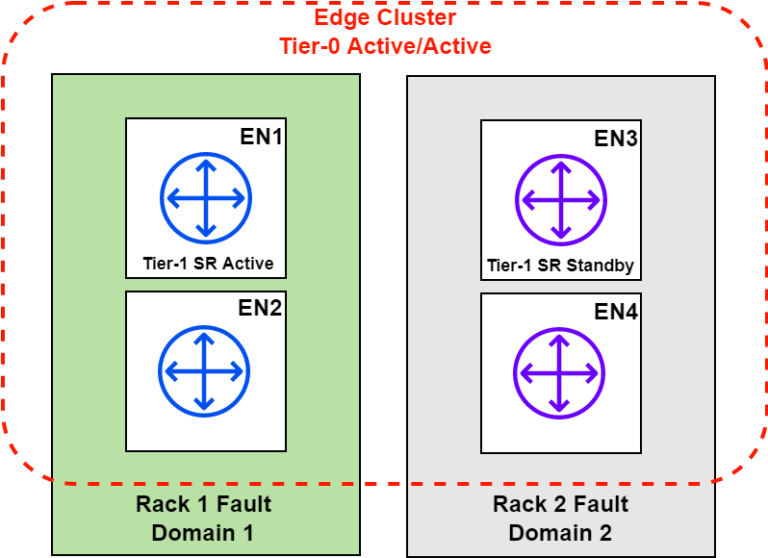Interested in the latest trends and innovations in the tech industry?
Tech conferences and events are the perfect way to stay ahead of the curve.
We explore the importance of tech conferences, the benefits of attending, how to choose the right event, and how to make the most of your experience.
Whether you’re a seasoned attendee or a first-timer, this guide will help you navigate the world of tech conferences and events with ease.
Key Takeaways:
What Are Tech Conferences and Events?
Tech conferences and events are gatherings that bring together industry professionals, experts, and enthusiasts to discuss the latest trends, innovations, and developments in the technology sector.
These gatherings serve as platforms for networking, knowledge sharing, and collaboration among like-minded individuals who are passionate about advancing technology. From large-scale events like CES and Google I/O to niche conferences such as DEF CON and AWS re:Invent, these gatherings cater to a diverse audience ranging from software engineers and data scientists to entrepreneurs and investors.
Attendees can benefit from keynote speeches, panel discussions, workshops, and hands-on demonstrations that provide valuable insights into emerging technologies like artificial intelligence, blockchain, and cybersecurity. Through these interactions, participants gain access to cutting-edge research, best practices, and industry expertise, helping them stay at the forefront of technological advancements.
How Do They Differ from Regular Conferences and Events?
Tech conferences and events differ from regular conferences and events by offering specialized content, networking opportunities, and interactive sessions tailored to the tech industry. They can be held in person, follow a hybrid model combining virtual and physical elements, or take place entirely in a virtual environment.
Tech events provide a platform for industry experts and enthusiasts to delve into the latest technological trends and innovations.
Hybrid events offer the flexibility of attending both physically and virtually, catering to a wider audience across different locations.
Virtual conferences simulate the in-person experience through live streams, virtual booths, and interactive tools, fostering global participation and engagement.
Why Are Tech Conferences and Events Important?
Tech conferences and events play a crucial role in driving innovation, fostering collaboration, and sharing knowledge within the technology industry.
These gatherings serve as platforms where industry professionals, researchers, and enthusiasts converge to exchange ideas, insights, and best practices. By attending renowned events like the Consumer Electronics Show (CES), Web Summit, or Google I/O, participants gain access to the latest trends, product launches, and breakthrough innovations shaping the tech landscape.
These conferences offer invaluable networking opportunities, allowing individuals to establish connections with potential partners, investors, and mentors. The exposure to diverse perspectives and expertise at such events contributes to expanding one’s professional network and fostering collaborations that often lead to groundbreaking projects and developments.
What Are the Benefits of Attending Tech Conferences and Events?
Attending tech conferences and events offers numerous benefits, including access to industry insights, networking opportunities with peers and experts, exposure to new technologies and trends, and professional development through workshops and sessions.
One notable advantage of participating in these events is the wealth of knowledge acquisition that attendees can gain. Interacting with industry leaders and experts during keynotes, panels, and workshops provides invaluable insights into the latest trends and innovations shaping the tech landscape. These conferences often feature hands-on demonstrations and product launches, allowing participants to explore cutting-edge technologies firsthand.
The networking benefits are also significant, as attendees have the chance to connect with like-minded professionals, potential collaborators, and even recruiters from top tech companies. Building a strong network within the industry can open doors to new opportunities, collaborations, and partnerships that can propel one’s career forward.
What Can You Expect from Tech Conferences and Events?
Tech conferences and events offer a diverse range of experiences, including keynote presentations by industry leaders, panel discussions on emerging technologies, hands-on workshops, networking sessions, and product demonstrations from leading tech companies.
These events serve as a hub for knowledge exchange, where attendees can gain insights into the latest trends and innovations shaping the tech landscape. Keynote speeches often set the tone for the conference, highlighting strategic priorities and vision for the industry’s future.
- Panel discussions
offer a platform for experts to delve into specific topics, encouraging interactive dialogues and diverse perspectives.
Workshops provide practical skills training and deep dives into specialized areas, fostering hands-on learning opportunities. Networking sessions enable professionals to connect with like-minded individuals, potential collaborators, and industry veterans, creating valuable relationships and partnerships.
Product showcases allow participants to explore cutting-edge technologies and solutions, offering firsthand experiences with new gadgets, software, and services. Tech conferences offer a holistic platform for professionals to learn, engage, and innovate in a dynamic and collaborative environment.
How to Choose the Right Tech Conference or Event?
Selecting the ideal tech conference or event involves considering factors such as the relevance of the content, the reputation of the organizers, the lineup of speakers and sessions, the location and dates of the event, and the networking opportunities available.
When evaluating a tech conference’s content alignment, assess if the topics and themes covered resonate with your professional interests and industry focus. A conference that offers cutting-edge insights, future trends, and practical takeaways can immensely benefit your career growth. Look into the credibility and expertise of the speakers scheduled to present; renowned events like Web Summit and CES often feature industry pioneers and thought leaders, ensuring high-quality knowledge sharing. Review the event logistics, such as the venue accessibility, accommodation options, and schedule flexibility, to ensure a smooth and productive experience.
What Factors Should You Consider?
When evaluating tech conferences and events, it’s essential to consider factors such as the event’s agenda, target audience, industry relevance, speaker lineup, location convenience, registration fees, and the availability of virtual attendance options.
Content quality stands out as a crucial element to ponder when selecting a tech conference or event. A rich and diverse agenda offering insightful sessions, workshops, and panel discussions can greatly enhance the learning experience for attendees. Assessing the speaker expertise is pivotal. The credibility, experience, and knowledge of the speakers can significantly impact the value derived from the event. The networking potential at an event should not be overlooked. Opportunities to connect with industry peers, experts, and potential collaborators can foster valuable relationships and open doors to new opportunities.
What Are Some Popular Tech Conferences and Events?
Renowned tech conferences and events include Gartner IT Symposium/Xpo, SXSW, CompTIA ChannelCon, NVIDIA GTC, and Google Cloud Next, among many others, each offering unique insights, networking opportunities, and industry showcases.
These tech conferences serve as crucial platforms for professionals to delve into the latest trends and innovations in the tech world.
- The Gartner IT Symposium/Xpo is renowned for its in-depth discussions on cutting-edge technologies like AI, cloud computing, and cybersecurity.
- SXSW merges tech, film, and music, providing a diverse range of experiences and networking chances.
- At CompTIA ChannelCon, participants can engage with industry leaders and explore new solutions in the IT sector.
- NVIDIA GTC focuses on GPU technology and its applications in AI, gaming, and scientific computing.
- Google Cloud Next highlights the power of cloud computing, machine learning, and data analytics in driving business growth.
How to Make the Most of Your Experience at a Tech Conference or Event?
Maximizing your experience at a tech conference or event involves active participation in sessions, engaging with speakers and attendees, networking strategically, exploring exhibition areas, and taking notes to retain key insights.
One effective strategy to enhance engagement and learning is to set specific goals for each day of the event. Prioritize which sessions you want to attend based on your interests and objectives. By planning ahead, you can make the most of your time and ensure you cover topics that are most relevant to you. Don’t hesitate to ask questions during sessions or connect with speakers after their talk to delve deeper into the subject matter.
Networking plays a crucial role in event success. Utilize social media platforms to connect with other attendees before the event, and make an effort to meet new people during breaks and social gatherings. Building meaningful relationships can lead to valuable insights and opportunities both during and after the conference.
How to Network and Connect with Other Attendees?
Networking at tech conferences and events involves initiating conversations, attending social events, joining industry-specific groups, utilizing event apps for networking, and following up with contacts post-event to build lasting professional relationships.
When engaging in conversations, it’s crucial to showcase genuine interest by asking insightful questions and actively listening to others. Remember, communication is a two-way street. Seek out opportunities to connect with industry veterans, as they can offer valuable insights and potential mentorship. Utilize digital networking tools like LinkedIn to enhance your professional profile and reach out to new contacts. After the event, sending personalized follow-up emails or messages can help solidify the connections made during the conference.
What Are Some Tips for Attending Sessions and Workshops?
To make the most of sessions and workshops at tech conferences and events, attendees should plan their schedules, prioritize key topics, engage with presenters, participate in discussions, take notes for future reference, and leverage online resources for additional insights.
When scheduling sessions, be sure to allow time between them to move from one workshop to another. It’s also beneficial to review the agenda in advance to select topics that align with your interests or professional goals. Engaging with presenters by asking questions or sharing insights not only enhances your learning experience but also helps build connections within the tech community. Active participation in group discussions fosters a collaborative environment where diverse perspectives can be shared and explored.
Effective note-taking practices can vary from jotting down key points to capturing detailed explanations or action items. Find a method that works best for you, whether it’s using digital tools, traditional pen and paper, or a combination of both. These notes serve as valuable references post-event, allowing you to revisit key takeaways, follow up on interesting discussions, or dive deeper into specific topics.
After the conference, continue your learning journey by exploring online resources such as recorded sessions, presentation slides, and related articles. This post-event exploration can provide further insights, reinforce your understanding of discussed topics, and offer opportunities for continuous learning and skill development in the ever-evolving tech landscape.
How to Prepare for a Tech Conference or Event?
Preparing for a tech conference or event involves researching the agenda, setting objectives for attendance, packing essential items such as devices, chargers, business cards, and notebooks, familiarizing oneself with the venue, and planning the logistics of travel and accommodation.
Once you’ve taken care of understanding the conference schedule and outlining your goals, it’s crucial to assess the technical requirements for the event. Make sure your devices are up-to-date with the necessary software and that you have backups of important files. Having a clear strategy for networking and follow-ups will enhance your overall experience. Before leaving, double-check your packing list to ensure you have all the essentials. Knowing the event’s layout and key areas will help you navigate smoothly once you arrive at the venue.
What Should You Pack?
When packing for a tech conference or event, consider including items such as electronic devices, chargers, business cards, notepads, pens, comfortable attire, and essential documents like tickets and identification.
Other important essentials to pack for a tech conference include portable power banks to keep your devices charged throughout the day, adapters for international travel, earphones for private listening, a water bottle to stay hydrated, and snacks for a quick energy boost.
To stay organized, consider bringing a small backpack or briefcase to carry your items comfortably. Having comfortable shoes is crucial for navigating the conference venue easily. Don’t forget to pack your professional attire for networking events or meetings.
- Make sure to pack any necessary medications, vitamins, or allergy relief if needed, along with a travel-sized first aid kit for emergencies. Secure all your belongings with a lock for hotel rooms or storage lockers during the event.
What Are Some Common Mistakes to Avoid?
To ensure a smooth event experience, attendees should avoid common mistakes such as overpacking, missing key sessions due to poor planning, not engaging in networking opportunities, forgetting essential items, and failing to follow up with contacts post-event.
One of the key pitfalls that attendees should be cautious of is the tendency to overcommit to sessions and activities, leading to burnout and missing out on valuable networking opportunities. It’s important to strike a balance between attending must-see sessions and allowing time for organic interactions with fellow attendees. Similarly, underestimating the importance of networking can hinder potential collaborations and professional connections that could arise from such events.
What Are Some Virtual Tech Conferences and Events?
Virtual tech conferences and events have gained popularity as digital alternatives to traditional in-person gatherings, offering remote participation, online networking opportunities, virtual exhibitor booths, interactive sessions, and live-streamed content.
One of the key benefits of participating in virtual events is the flexibility they provide. Attendees can join from anywhere, eliminating the need for travel expenses and time constraints. Additionally, virtual conferences often offer advanced networking features, such as AI-powered matchmaking algorithms that connect attendees with similar interests or goals.
The interactive elements incorporated into these online events enhance engagement levels. Attendees can interact through chat functions, polls, Q&A sessions, and virtual breakout rooms, fostering meaningful connections and discussions.
The digital nature of virtual tech conferences enables seamless access to a diverse range of content formats. From keynote presentations to on-demand recordings, attendees can customize their experience based on their preferences and schedules.
How Do They Compare to In-Person Events?
Virtual tech conferences and events differ from in-person gatherings by offering remote access, flexible scheduling, reduced travel costs, digital networking opportunities, and interactive engagement tools, while in-person events provide face-to-face interaction, immersive experiences, and physical networking.
Virtual tech conferences are gaining popularity due to their ability to overcome geographical barriers through remote access, allowing attendees from across the globe to participate without the need for travel.
The flexibility of scheduling in virtual events enables individuals to balance their work and personal commitments while still engaging in the conference activities at their convenience.
What Are the Pros and Cons of Virtual Events?
Virtual events offer advantages such as global accessibility, cost-effectiveness, interactive content delivery, and reduced carbon footprint, but they may face challenges related to attendee engagement, networking limitations, technical issues, and virtual fatigue.
One key benefit of virtual events is the ability to reach a diverse audience from various locations globally, enabling broader participation and eliminating travel expenses. Embracing innovative technology allows for interactive features like live polls, Q&A sessions, and virtual networking lounges, enhancing attendee experience. Hosting virtual events contributes to environmental sustainability by reducing the need for physical resources and transportation.
Frequently Asked Questions
What are the benefits of attending tech conferences and events?
Attending tech conferences and events can provide numerous benefits for professionals in the industry. These include networking opportunities, learning about new technologies and trends, and gaining insights from industry leaders and experts.
How can I find out about upcoming tech conferences and events?
There are several ways to stay updated on upcoming tech conferences and events. You can follow industry leaders and organizations on social media, subscribe to tech blogs and newsletters, or check event listing websites such as Eventbrite or Meetup.
Are there any free tech conferences and events available?
Yes, there are many free tech conferences and events available, especially online. These events may offer virtual workshops, seminars, and networking opportunities without any registration fees. Keep an eye out for these opportunities and take advantage of them.
What is the difference between a tech conference and a tech event?
A tech conference is typically a larger event that focuses on a specific technology or industry, while a tech event can encompass a variety of topics and may be on a smaller scale. However, the terms are often used interchangeably and can vary depending on the organizers.
How can I make the most out of attending a tech conference or event?
To make the most out of attending a tech conference or event, it is important to have a game plan. Research the agenda beforehand and choose sessions or workshops that align with your interests and goals. Additionally, make sure to network with other attendees and take advantage of any opportunities to connect with industry professionals.
Can I present or speak at a tech conference or event?
Yes, many tech conferences and events have open calls for speakers or submissions for presentations. Keep an eye out for these opportunities and submit your ideas or proposals. Presenting at a tech conference or event can be a great way to gain visibility and share your knowledge with others in the industry.
